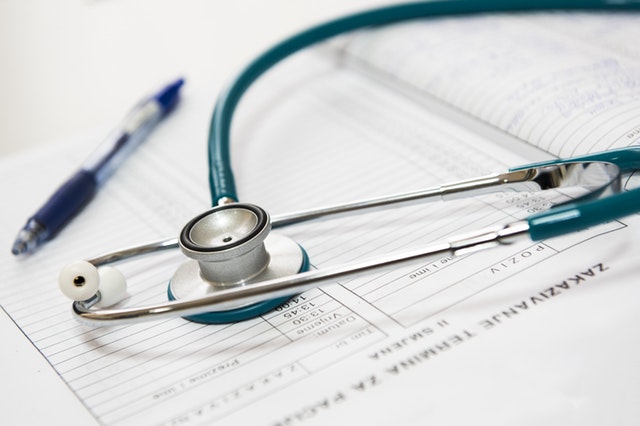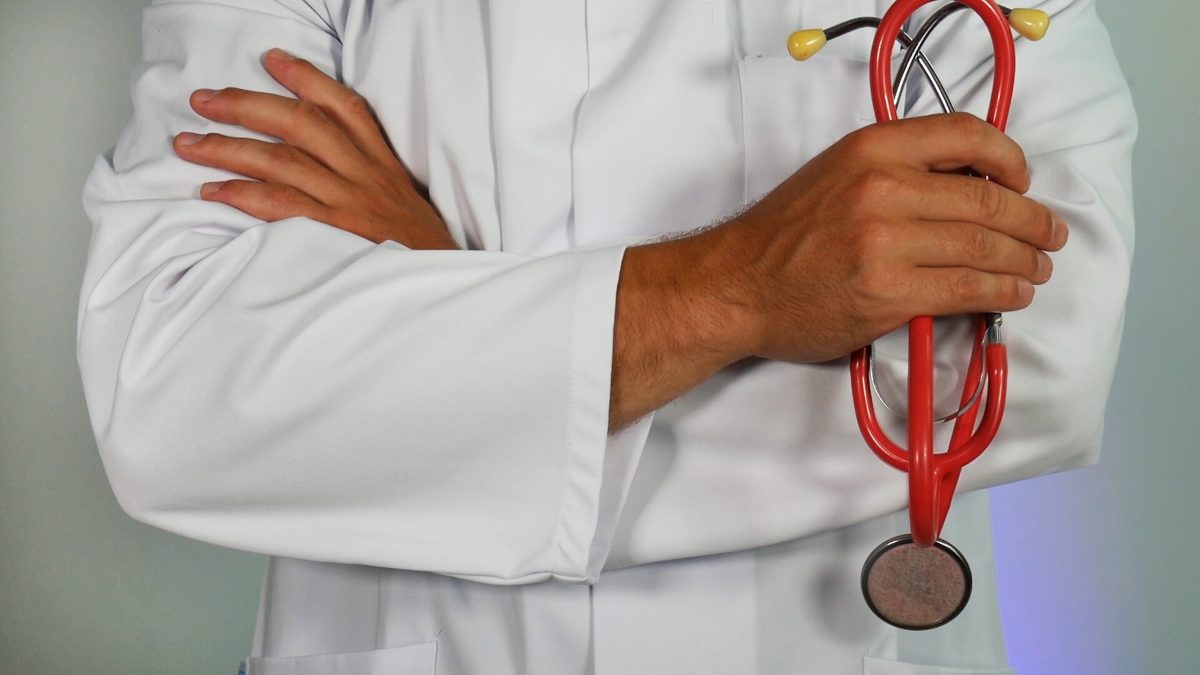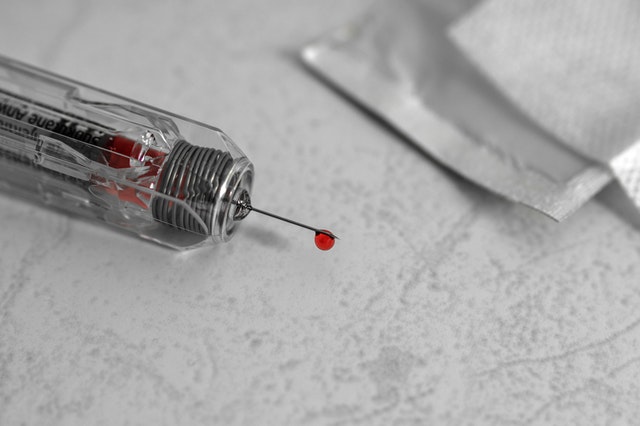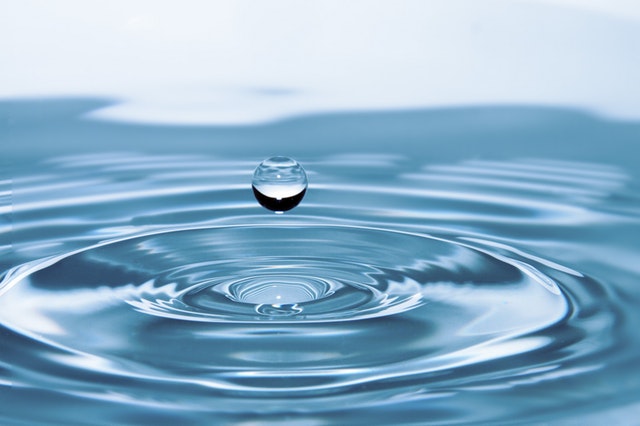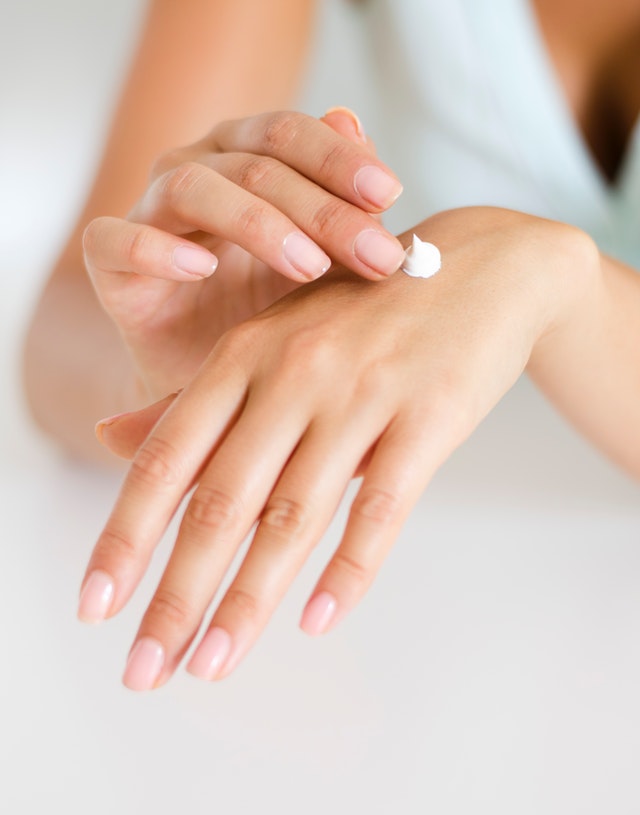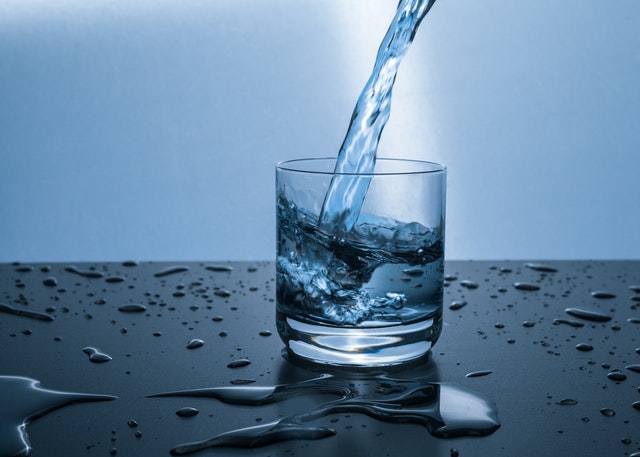Best Daily Stretch Routine
Stretching is beneficial in several ways. Post-workout, stretching improves blood flow and relieves inflammation around the muscles, leading to faster recovery and fewer aches. A good pre-workout warmup includes dynamic stretches that reduce the chance of muscle strain and similar injuries.
But what if you’re not working out regularly?
Regardless, daily stretching helps by keeping your muscles healthy and increasing your range of motion. With that in mind, here is what a recommended stretching routine should look like if you want to keep your body healthy.
Recommended Routine Stretch Exercises
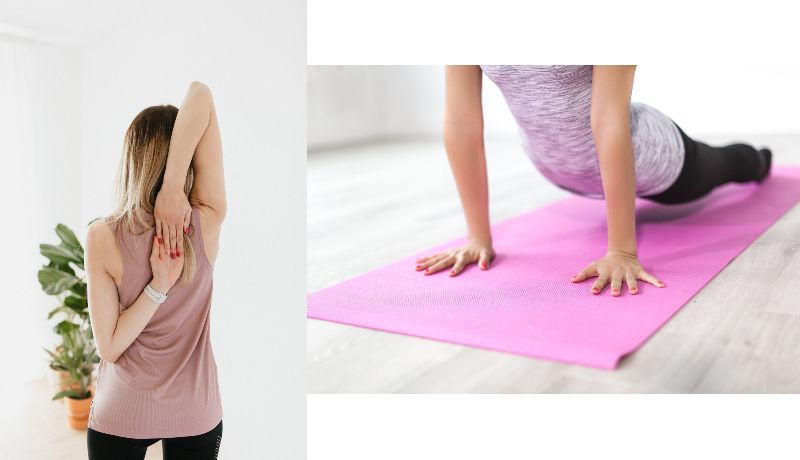
The Basics of Stretching
Before getting into the specific stretches, it’s important to understand the basics of effective stretching. Ideally, you should engage in exercises that work the major muscle-tendon groups in your body. These include your neck, chest, hips, legs, ankles, shoulders, lower back, and trunk.
Time is also a crucial factor when stretching. Aim to spend 60 seconds on each stretch. If you can’t hold a stretch for that long, use repetitions. For example, if you can only hold the stretch for 10 seconds, repeat it six times to get the full effects.
With the basics covered, let’s move into some effective stretches for your daily routine.
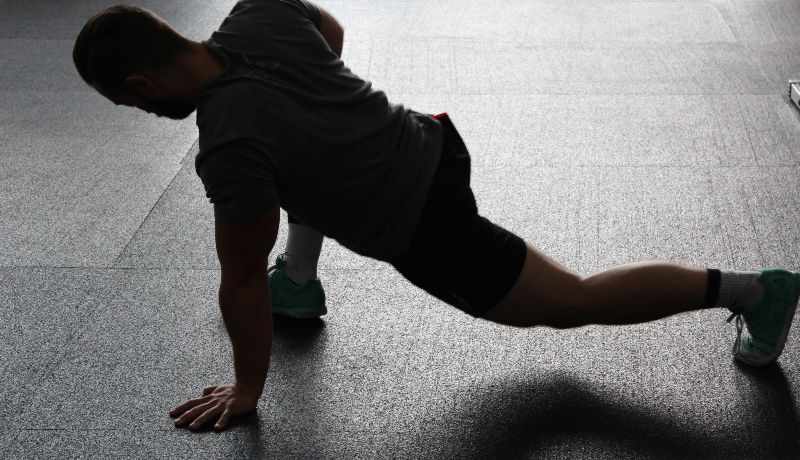
Stretch No. 1 – The Runner’s Stretch
This simple stretch works your lower body, including your back, ankles, and legs. It’s also great for working your hip flexor muscles.
Start by standing with your feet hip-width apart. Step your left leg back while placing both hands on the floor at each side of your right foot. Keep your hands shoulder-width apart and lower your hips. You should feel the stretch in your leg and left hip.
Hold this position for 30 seconds before straightening your right leg while keeping your hands on the floor. Hold this position for 30 seconds before repeating the stretch for the other side of your body.

Stretch No. 2 – Chest Opener
This simple stretch works your chest, shoulders, and trunk.
Face a corner of your room and raise your arms while bending your elbows so your elbows are at shoulder height. Press each palm into the wall and stagger your feet backward.
Lean slowly into the wall until you feel a stretch in your chest. Hold this position for up to 60 seconds. Again, repeat if you’re unable to get up to 60 seconds the first time.
Stretch No. 3 – The Slouch Overcorrect
The final stretch works your neck and also has benefits for your lower back.
Sit in a chair and allow your body to slouch. Relax in this position for a couple of seconds before drawing yourself upright. Accentuate your back’s natural curve and hold this exaggerated position for a couple more seconds.
Return to the slouch and repeat 10 times.
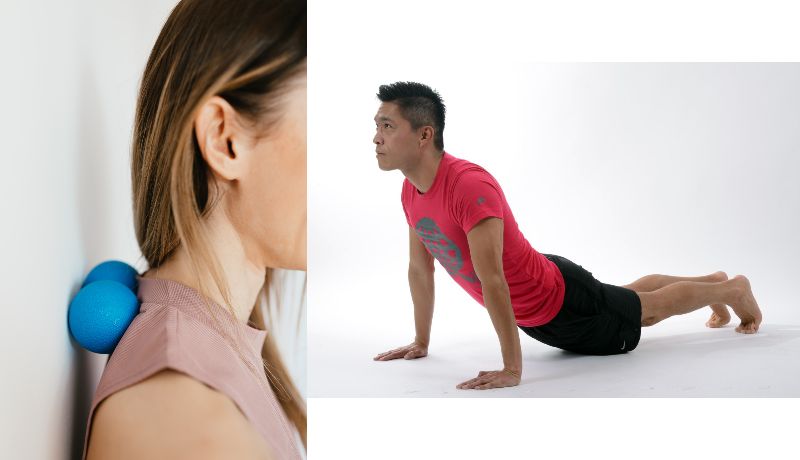
Proper Stretching Is Vital
Without a daily stretching routine, your muscles lose their flexibility and range of motion. This can lead to injuries, such as muscle strains, when you need to call on your muscles for something strenuous. With these three exercises, which take less than 10 minutes per day, you keep your body prepared and prevent muscle strain and similar injuries.
Daily Stretches for Flexibility
If wanting to take stretching further, Google search these additional stretches; neck roll, shoulder roll, single leg lunges, standing quad stretch, and calf stretch.

